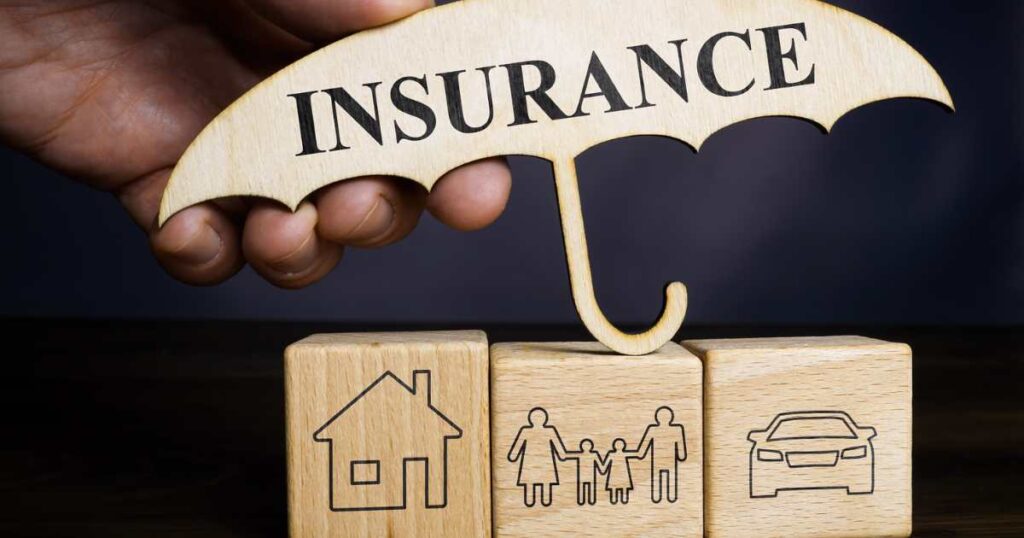It’s essential to be properly prepared for hurricane season, as these storms carry significant risks to safety and property. To raise awareness of the dangers of hurricanes, the National Oceanic and Atmospheric Administration (NOAA) annually sponsors National Hurricane Preparedness Week. This annual event runs from May 5-11, 2024. With the eastern Pacific hurricane season beginning May 15 and the Atlantic hurricane season beginning June 1, now is a good time to review how to prepare for hurricanes and tropical storms.
National Hurricane Preparedness Week runs from May 5-11 this year.
Before the Storm Forms
It’s crucial to know the hurricane and tropical storm risks associated with your location and the structure of your residence. It may also be beneficial to discuss storm preparation with your neighbors; they likely face similar risks and can be excellent resources. In addition to making sure you can stay safe, you should ensure you are prepared financially and have adequate insurance coverage in place.
Curious about flood coverage? Click here to get a quote.
Once a storm begins forming, the NOAA, the Federal Emergency Management Agency, and state and local authorities will provide updates regarding its path.
Do you have a vacation planned during hurricane season? Don’t forget to check out travel insurance!
Click here to get a quote in seconds.
Before the Storm Hits
The following tips can help you prepare for an impending hurricane:
- Have a family emergency communication plan in place. Keep your devices charged and have extra batteries on hand.
- Use storm shutters or plywood to cover your home’s doors and windows. Reinforce your roof, if possible.
- Bring all outdoor items inside and trim trees and shrubs if time allows, as branches can become projectiles.
- Move furniture and valuables to a higher elevation if your home lies in a flood zone.
- Use watertight containers to store important documents (e.g., birth certificates and Social Security cards).
- Make sure your generator is working if you have one, and know how to turn off utilities.
- Know your official evacuation route and be ready to follow local evacuation orders. Consider evacuating even if it is not a requirement, and keep your car full of gas or charged in case you need to leave quickly.
- Prepare an emergency kit that contains an NOAA radio, flashlights, cash, solar-powered or crank USB charger and first-aid supplies. Have enough food, water and medicine stocked for at least three days (with a longer than three-day supply of water, if possible, since utilities may be out for weeks). Purchase items before the situation becomes an emergency.
Conclusion
Hurricane season is nearing, so it is vital to ensure you are properly prepared. Use National Hurricane Preparedness Week to get ready and review what actions you need to take if a storm impacts you.
Questions? We’re here to help.
PH: 203.834.5900
EM: info@toofer.com









